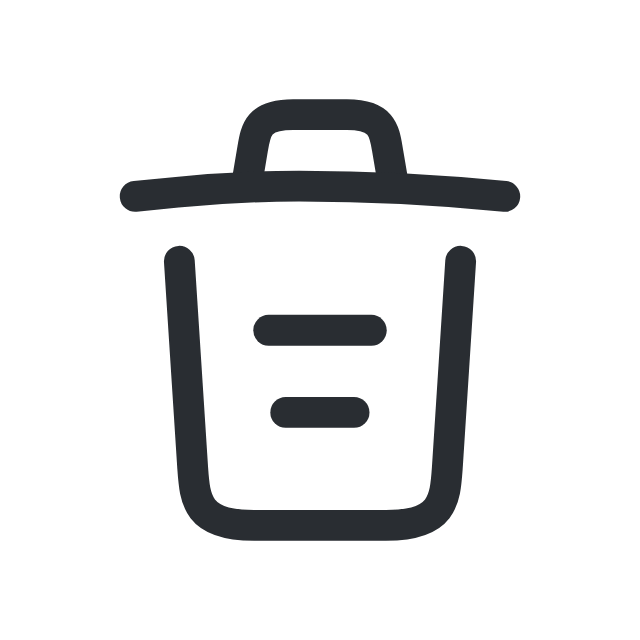Prepare at School
Regardless of what you do in life, remember that a good education prepares you for any job. Employers will demand that you speak and write clearly; understand what you read; solve problems using math and logic; understand scientific ideas; and know how to use a computer.
The college prep timeline will help you stay on track to graduate and plan for college.
While in high school take the most challenging classes you can. You may be able to earn college credit while doing so.
Enroll in a college prep program
There may be a college readiness program offered in your community or school to help you prepare academically or learn more about college.
Search for college readiness programs offered in Minnesota.
Tips to help you earn your best grades throughout school
Take notes even if your teachers don't require it. Think you'll look silly if you're the only one taking notes? You won't look too cool if you don't pass high school.
- Try to pick out the main ideas, but don't write down everything your teacher says.
- Ask questions and then write down the answer.
- Copy any formulas and examples your teacher writes down for the class.
- Ask your teacher what will be on the test if you're having trouble knowing what to write down.
Listen and ask questions. Still afraid of looking stupid? Don't worry about it. If you've got a question about something, chances are your classmates do too.
- Review your notes and assignments before class.
- Give your teacher your full attention and concentrate on what is being said.
- Relate the topic to what you already know and listen for main ideas.
- Make eye contact with your teacher and take notes.
- Ask questions if you don't understand, but try not to interrupt your teacher. Raise your hand or wait until your teacher pauses or asks for questions.
Seek out a mentor. Find somebody who went to college and ask them for support or advice. A mentor can be almost anyone: a family member, a person in your neighborhood, a teacher at school or a person who leads an after-school program.
Study. Read, review and analyze class material so you know it. This takes time, effort and a quiet place. If you learn how to study now, you'll be way ahead before you even start college.
- Ask for help if you're having trouble. You may need to ask more than one person.
- Have a special area for studying where you won't be distracted.
- Study in small "chunks" and take regular breaks. Try not to cram.
- Have a regular study routine to make studying a habit.
- Study with a friend or group and share information.
Read. You can read whatever you want: Sports Illustrated, Jet, The New York Times, comic books, Harry Potter, your Cheerios box, online blogs or web articles... whatever! Reading increases your brainpower.
- Look up words you don't understand in the dictionary.
- Read assignment questions first to help you identify key points.
- Take breaks from reading to write down what you learn.
- Read outside of class to improve your reading skills.
- Read out loud with your friends, classmates or parents.
Write. Writing is a way to express yourself: your ideas, opinions and knowledge. And you may do a lot of it in college and on the job.
- Write a little every day. Try keeping a daily journal to make a habit of writing.
- Read outside class to increase your vocabulary and understanding of grammar.
- Break up long writing sessions into shorter periods with regular breaks.
- Let your writing sit for a while and then come back to it.
- Read your writing out loud or have someone read it to you.
- Edit someone else's writing and let that person edit yours.
Do the math. Even if you're struggling in math, stay with it. Knowing math gives you options. It opens doors to good jobs in computers, engineering and business. And it helps your mind get organized.
- Take math problems one step at a time.
- Do your math homework every day. Falling behind will make it that much harder.
- Ask for help and study with friends if you are having problems understanding a concept.
Sit in the front row. Or close to the front. Pretend you want to be there, like you do at a concert or movie. Don't be worried about looking like a geek. Imagine how geeky you'll look when you're 35 and still only earning a minimum wage. The front row doesn't seem so bad now, does it?
Quick Links
- Why College?
- Explore Your Interests & Careers
- Prepare at School
- Summer Academic Enrichment Program
- Earn College Credit in High School
- Recommended High School Classes & Graduation Requirements
- Advice for Students with Disabilities
- Succeed as an Adult Student
- Useful College Prep Resources
- Minnesota Goes to College!
- Get Ready Program Overview
- College Planning Presentation Information
- College Navigator Presentation Request Form
- Minnesota Indian Scholarship Program Outreach
- Competitive Grant Programs
- Dual Training Grant
- Public Engagement Calls
- "Life After Now" Podcast
- Certified Nursing Assistant Training
- Direct Admissions Minnesota
- Collecting Data from Minnesota Postsecondary Institutions
- Campus Financial Aid Administrator Resources
- Statewide Financial Aid Conference
- Campus Student Enrollment Reporting Resources
- Ordering Materials for Your Students
- Supplementing Your College Counseling
- Early Awareness Efforts
- Student Homelessness in Higher Education Resources
- Shared Library Resources
- MN FAFSA Tracker
- Campus Sexual Violence Prevention and Response
- Statewide FAFSA Filing Goal
- Financial Aid Estimator
- Online Applications
- About Financial Aid
- What Does College Cost?
- Tips for Lowering the Cost of Higher Education
- Institutional Payments
- Financial Aid You Don't Repay
- Financial Aid You Must Repay (Student Loans)
- Financial Aid You Earn
- Military Service Education Benefits
- Reduced Out-of-State Tuition Options
- Education Tax Benefits
- New Video Demystifies Paying for College
- Public Service Loan Forgiveness
- Useful Online Resources
- Ready, Set, FAFSA!
- Data Maps and Infographics
- Educational Attainment Goal 2025
- Minnesota Measures
- Minnesota P-20 Statewide Longitudinal Education Data System
- College Readiness & Participation Data
- Student Enrollment Data
- Degrees, Graduation Rates, Attainment & Outcomes
- Financial Aid Data & Trends
- Tuition & Fees Data
- Student Health and Safety
- Institution and Data Search
- Transfer Students
- Research Reports
- A-Z Data Table Index




